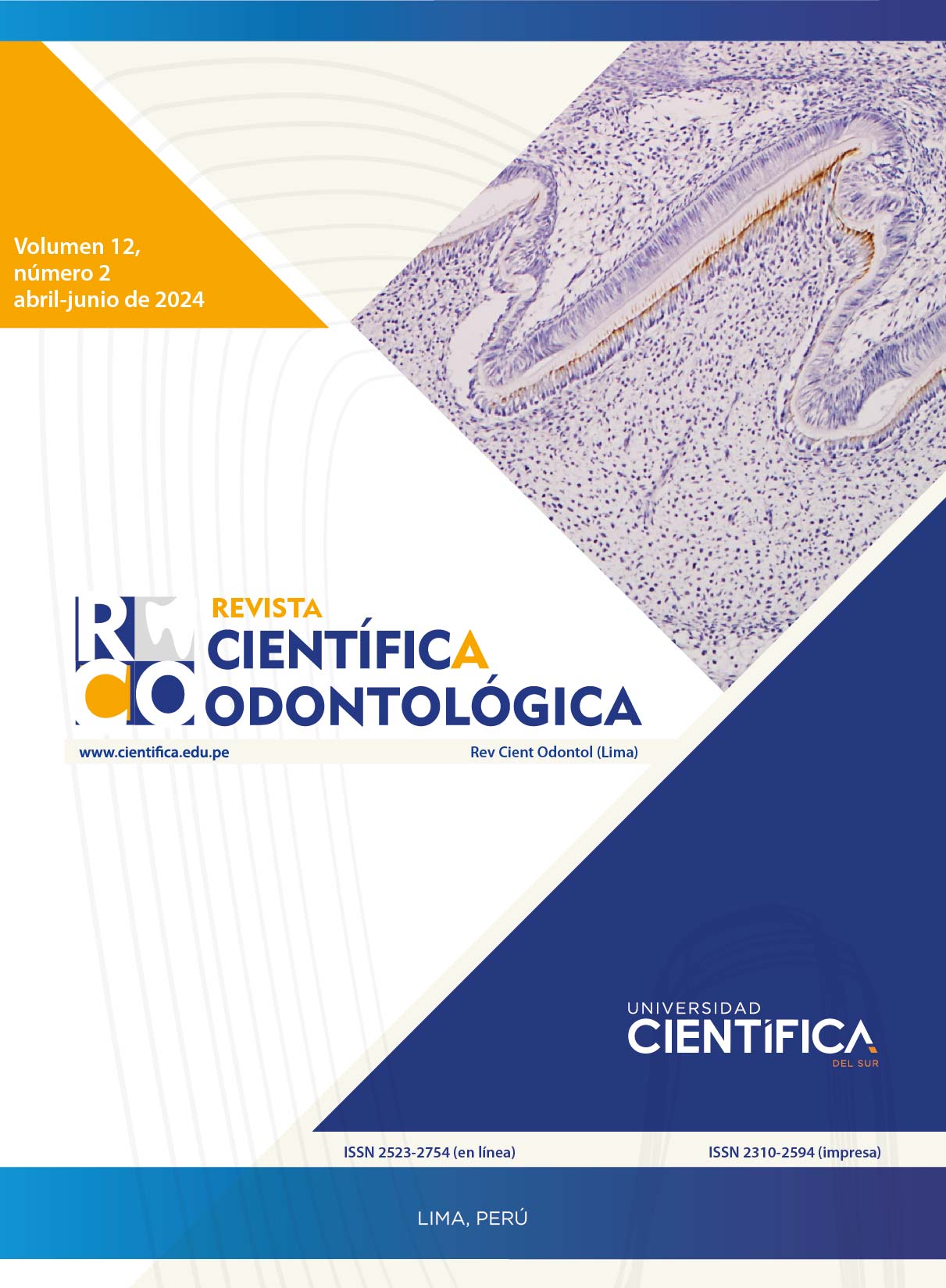Effects of coffee consumption on salivary cortisol and alpha amylase in young adults
DOI:
https://doi.org/10.21142/2523-2754-1202-2024-197Keywords:
coffee, saliva, alpha-amylase, cortisolAbstract
Objective: The purpose of this study was to determine the effects of coffee consumption on salivary cortisol (sCort) and alpha amylase (sAA) in young adults. Materials and methods: Sixty healthy university students, habitual coffee consumers, participated in this descriptive observational study. Participants were divided into three groups: G1 low consumption (≤ 2 cups of coffee per day, n= 20), G2 moderate consumption (2-5 cups of coffee per day, n = 20), and G3 high consumption (>5 cups of coffee per day, n = 20). Saliva self-collection was in the morning (6:30-7:30 AM) and at night (08:00-09:00 PM). sCort was analyzed using chemiluminescence and sAA activity by kinetic method. Statistical analysis of the data was performed using Student's t-test and analysis of variance. Results: The sample consisted of 30 women and 30 men, aged between 20 and 35 years. In all groups, sCort values were higher in the morning (AM 0,29 ± 0,19 vs. PM 0,09 ± 0,05 μg/dl, p < 0.0001). In contrast, sAA levels were higher in the night (PM 160,16 ± 60,42 vs. AM 32,79 ± 12,98 U/ml, p < 0.0001). No significant differences were detected, in the contents of Corts and AAs, between the groups. Conclusion: Coffee consumption, in non-stressful conditions, did not alter levels and patterns of sCort and sAA in young adults.
Downloads
Downloads
Published
Issue
Section
License
Copyright (c) 2024 Rolando Pablo Alejandro Juárez, Armando César Celia

This work is licensed under a Creative Commons Attribution 4.0 International License.

Este obra está bajo una licencia de Creative Commons Reconocimiento 4.0 Internacional.












